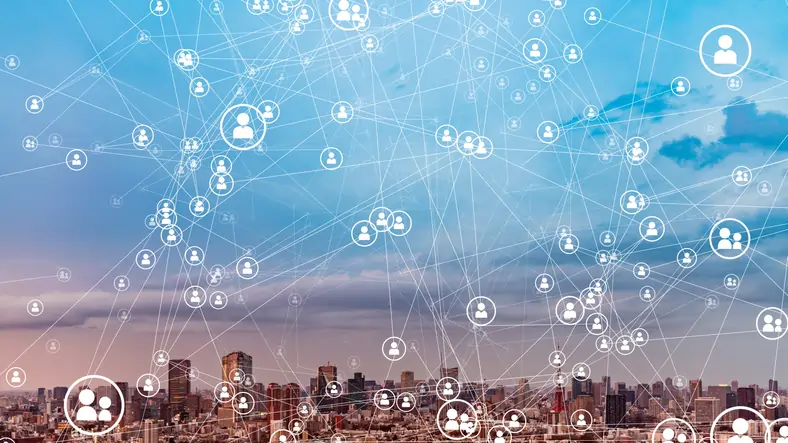
How has technology impacted society?
In the ever-evolving landscape of the 21st century, technology has become an integral part of our daily lives, reshaping the way we live, work, and interact. The profound impact of technology on society is undeniable, touching every aspect of human existence. From communication to education, healthcare to entertainment, this article explores the multifaceted ways in which technology has transformed our world.
Communication revolution:
One of the most noticeable and immediate impacts of technology on society is the revolution in communication. The advent of the internet and smartphones has connected people from every corner of the globe, breaking down geographical barriers. Social media platforms have become virtual meeting places, fostering global conversations and facilitating the exchange of ideas. In this digital age, staying connected with friends, family, and colleagues has never been easier, contributing to a more interconnected and interdependent global society.
Education redefined:
Technology has revolutionized the education sector, ushering in a new era of learning. The traditional classroom model is gradually giving way to online learning platforms, providing accessible education to individuals worldwide. E-books, interactive simulations, and virtual classrooms have made education more engaging and tailored to individual learning styles. However, the digital divide remains a challenge, highlighting the need for equitable access to educational resources.
Transforming the work landscape:
The workplace has undergone a drastic transformation with the integration of technology. Automation, artificial intelligence, and remote work technologies have altered the dynamics of the job market. While automation has streamlined repetitive tasks, it has also raised concerns about job displacement. The rise of remote work, accelerated by technology, has brought flexibility but also challenges in maintaining work-life balance and mental well-being.
Healthcare innovation:
Technology has revolutionized healthcare, enhancing diagnosis, treatment, and patient care. Electronic health records, telemedicine, and wearable devices have made healthcare more efficient and accessible. The ongoing development of health-related apps and wearable technologies empowers individuals to monitor their health actively. However, concerns about data privacy and the digitalization of sensitive health information persist.
Entertainment at our fingertips:
The entertainment industry has experienced a paradigm shift with the rise of technology. Streaming services, online gaming, and virtual reality have transformed how we consume and interact with entertainment content. The democratization of content creation through platforms like YouTube and TikTok has given rise to a new generation of influencers and creators, reshaping the traditional media landscape.
Social impact and connectivity:
Technology has played a crucial role in raising awareness and mobilizing social movements. Social media platforms have become powerful tools for activism, providing a platform for marginalized voices and fostering social change. However, the same platforms have also been criticized for spreading misinformation and contributing to the polarization of society.
In conclusion, the impact of technology on society is profound and far-reaching, touching every aspect of our lives. From communication to education, work to healthcare, and entertainment to social activism, technology has reshaped the way we perceive and navigate the world. As we continue to embrace technological advancements, it is crucial to address the challenges they bring, such as digital inequality and privacy concerns, to ensure a more inclusive and responsible technological future for society.


